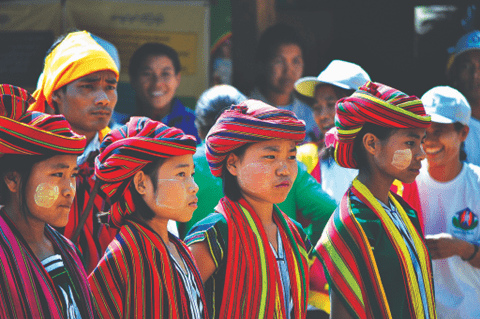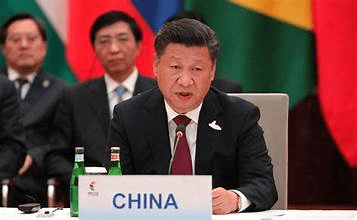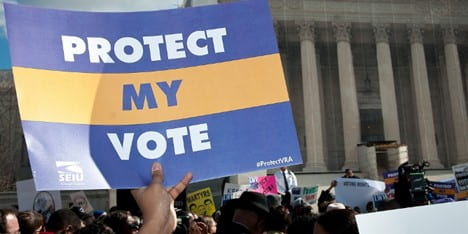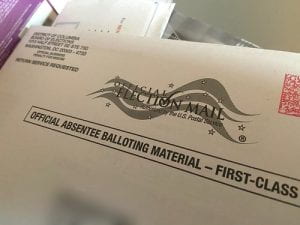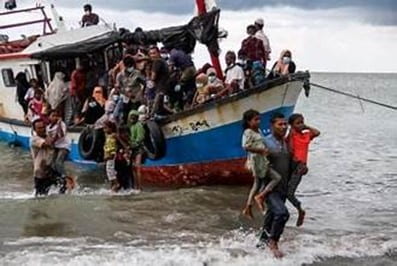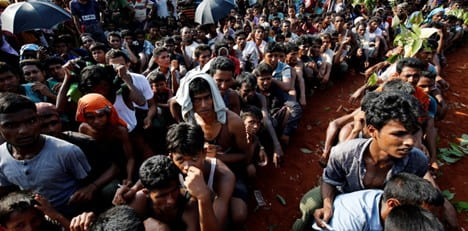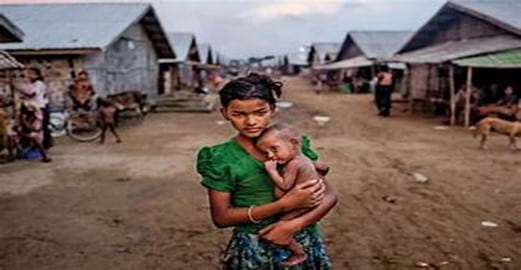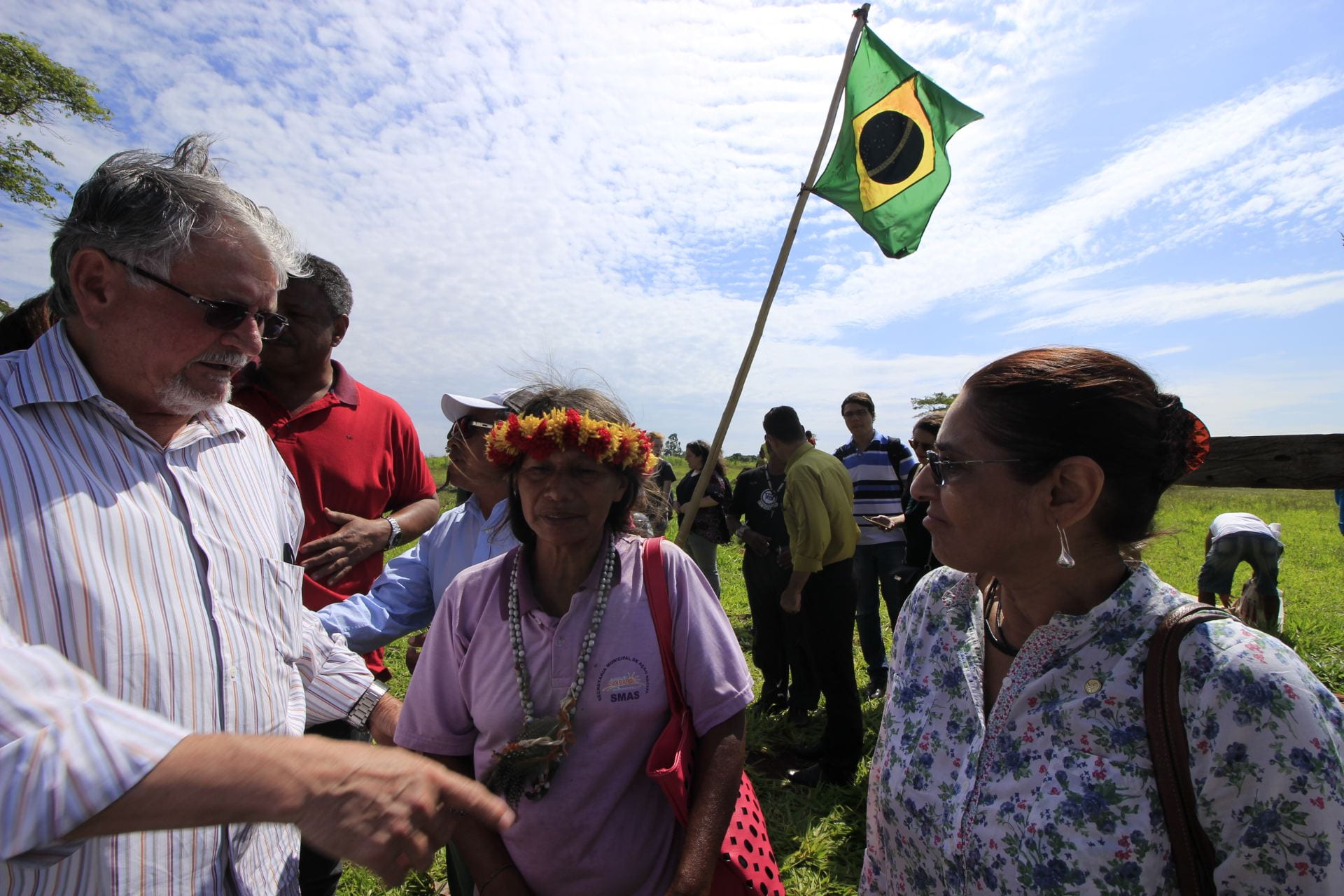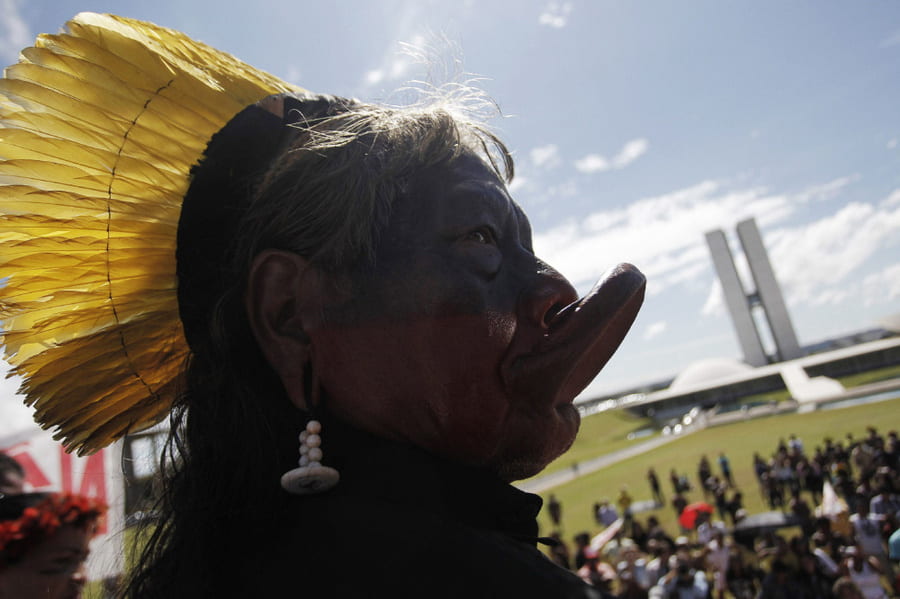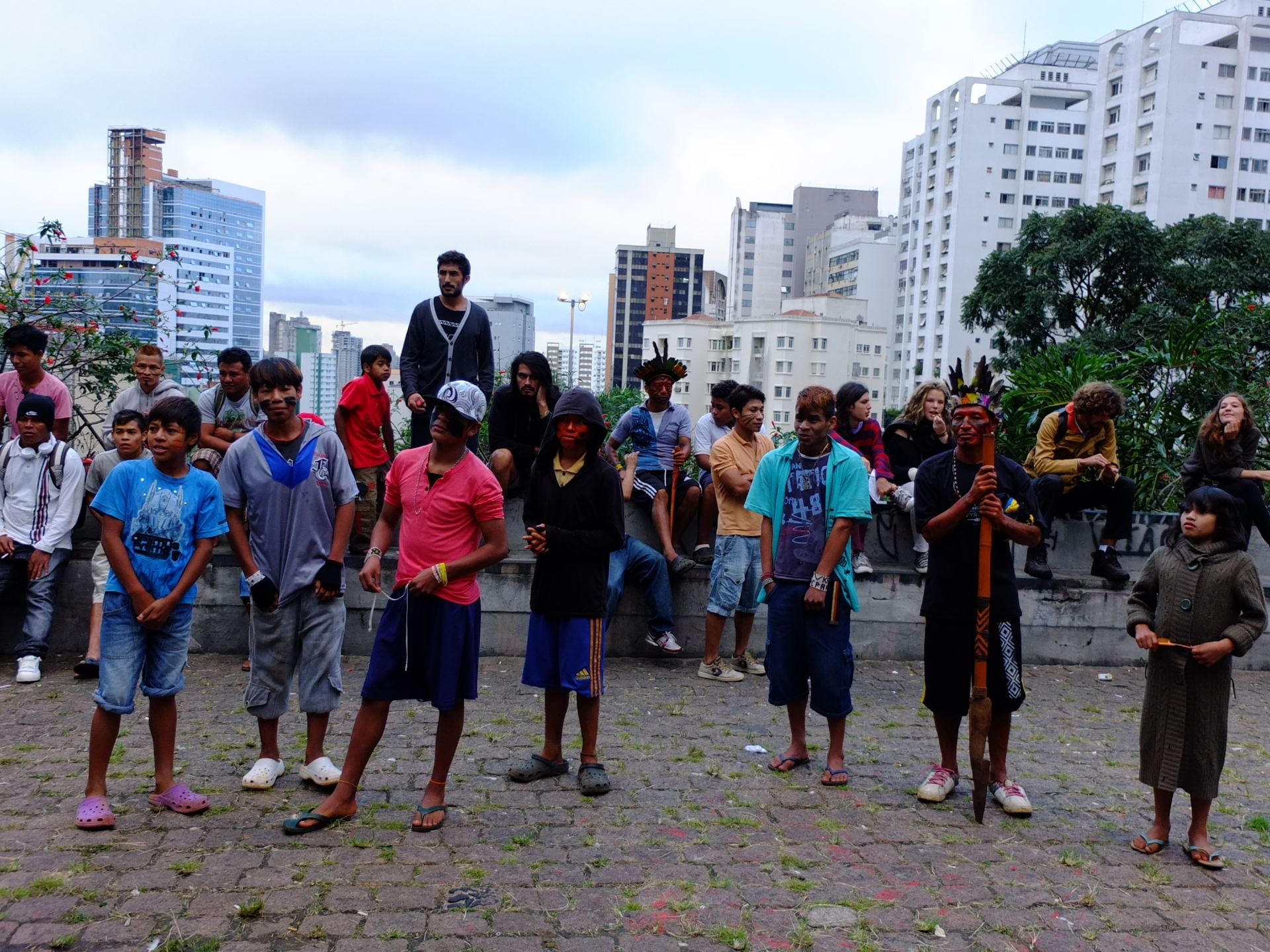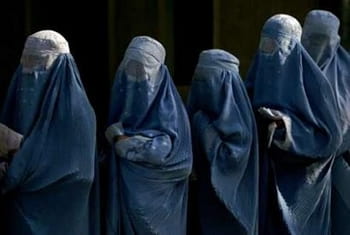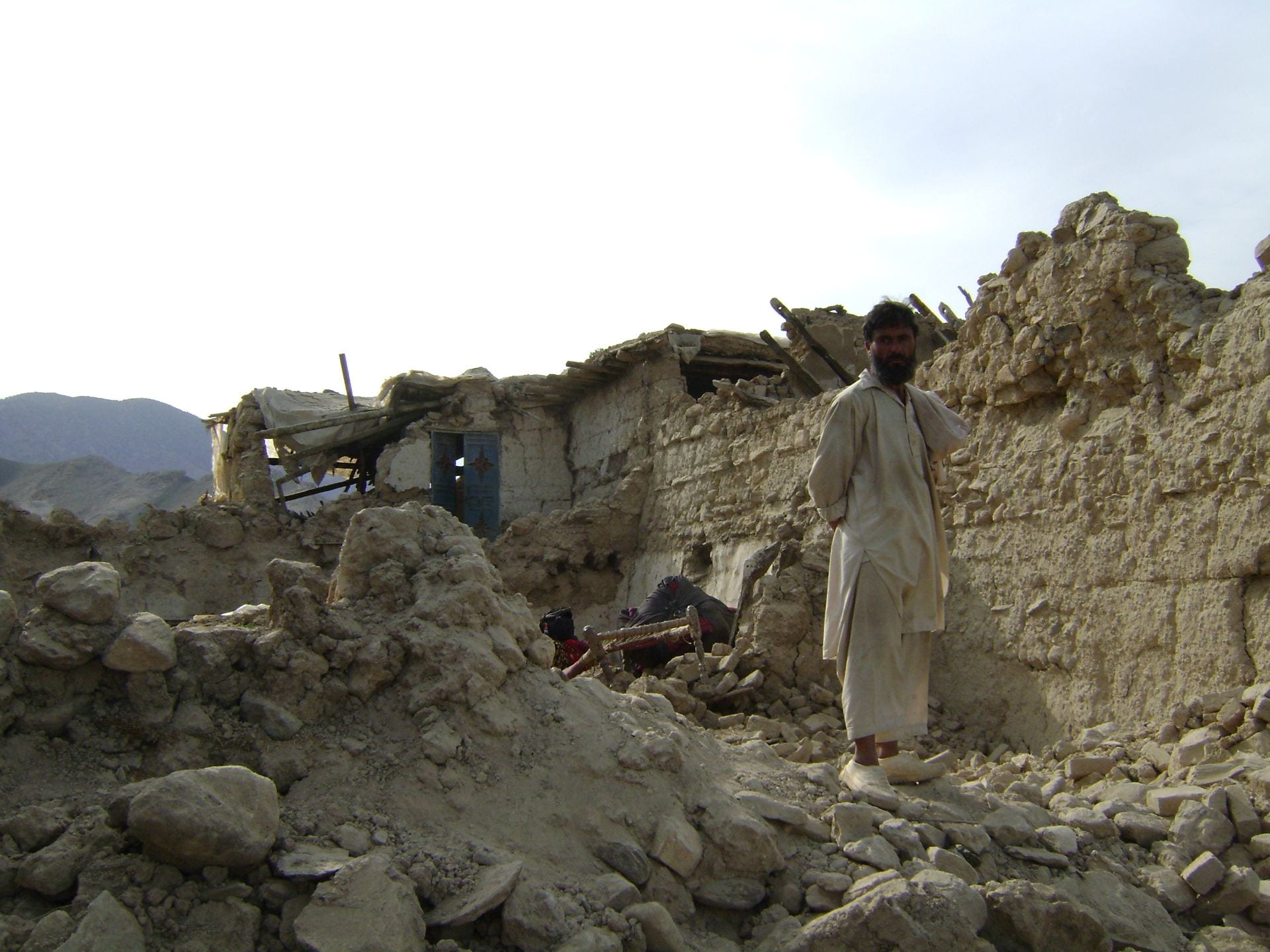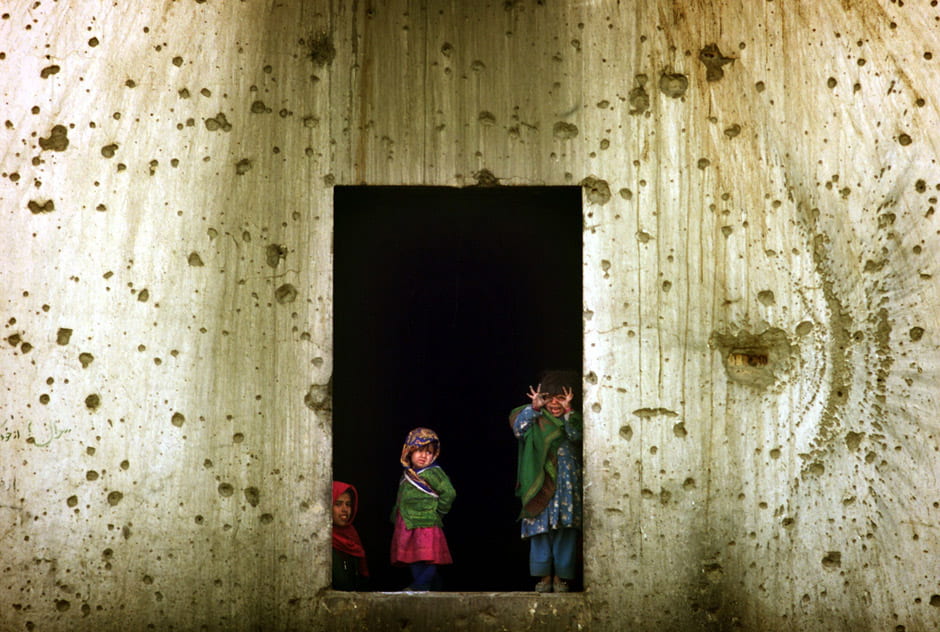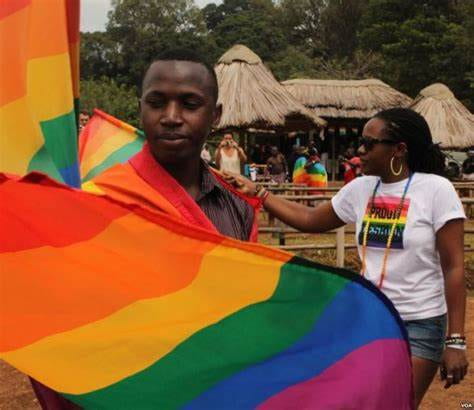
As we walk on campus, we take note of leaves changing colors, the days getting shorter, and wafts of pumpkin spice lattes from Starbucks. These are all telltale marks of autumn, and yet it is still 70 degrees Fahrenheit in November. Despite the seasonal signs, the weather has seemed to get the memo that it is fall. Theheat from the summer has overstayed its welcome, and many people have started to take notice. This sense of dissonance is more than just an anomaly; it is clear indicator of the ongoing climate crisis. The persistent heat underscores how climate change is shifting familiar seasonal patterns, affecting agriculture, and disrupting our daily lives. Even though climate change affects all of us, it seems that the onus falls on the younger generation to fix this problem. For example, data from Climate Change in the American Mind surveys revealed younger generations are more likely than older generations to view global warming as personally important and/or to express a willingness to engage in climate activism. The growing sentiment that climate change is the young people’s problem. However, there is a group of elderly Swiss women who beg to differ on this issue.
In Klimaseniorinnen Schweiz and Others v. Switzerland, a group representing over 2,500 older Swiss women argued that the Swiss government’s insufficient action to address global warming violated their fundamental rights to health and life, putting them at heightened risk of death during heatwaves. On Tuesday, April 9, the European Court of Human Rights ruled that Switzerland’s inadequate response to climate change indeed infringed on its citizens’ human rights, setting a powerful precedent for future climate-related cases. This landmark ruling from Europe’s top human rights court has underscored a crucial shift in the fight against climate change. The elderly women who banded together to fight climate change emphasized how climate issues increasingly affect people of all ages. This victory for climate rights activists has come at a time when the impacts of climate change are palpable, with record-high temperatures extending into fall.

Background
Despite being a part of the Paris Agreement, Switzerland has failed to curb greenhouse emissions, limit the effects of global warming, or cap rising temperatures. Studies show that “Switzerland broke temperature records on the ground last summer and at the zero-degree line.” This lack of action has resulted in many people being affected by climate change especially older women. One of the members of Klimaseniorinnen, Elisabeth Stern, while riding on public transit suffered from a heat wave that led to a panic attack. She comments to Time magazine about how awful the experience was, “I could hardly breathe.” Several other older Swiss women were experiencing adverse effects from the severe heat wave occurring in the country. They compiled their experiences and filed a lawsuit against the Swiss government for their inaction in addressing the growing climate control problem. The Klimaseniorinnen kept getting their case thrown out by the lower courts. After the Swiss Supreme Court rejected their case, the group had exhausted all legal options. The women were faced with the challenge of bringing the fight to an authority higher than the Swiss government. As their health grew more perilous, they were left with no option other than to file their suit with the European Court of Human Rights.
The group presented their findings along with research that shows why heat has a greater impact on women’s health including data by researchers at The Pennsylvania State University which support that heat kills more women than men, finding that older women are physiologically more vulnerable to high heat and humidity than older men. After reviewing all the evidence and personal stories, the Chamber of the European Court of Human Rights sided with the Klimaseniorinnen , representing a significant victory in climate litigation cases. Court President Síofra O’Leary stated that the Swiss government had not met its own greenhouse gas reduction targets and lacked a national carbon budget, even as the impacts of global warming become increasingly evident. However, the state of Switzerland still has to comply with the higher court’s ruling. The decision from the European Court of Human Rights reflects a shift towards protecting the climate as a human right. The right to a clean, healthy and sustainable environment is a universally recognized human right, according to Article 25 of the Universal Declaration of Human Rights. It is a violation of basic human rights for a government to not meet emissions targets or otherwise work to fight climate change. With Switzerland being one of the richest countries, the government is equipped with the resources and tools to enact climate change policies that benefit the people. While this case sets a progressive precedent when it comes to government policy on climate issues, the real change requires work and action behind these decisions.

What to Watch For
This recent ruling from Europe’s top human rights court could compel Switzerland to accelerate its reduction of fossil fuel consumption, aligning more closely with its commitments to combat climate change. Fossil fuels, the primary driver of human-caused climate change, continue to be central to Switzerland’s emissions, despite the country’s pledge to cut greenhouse gas emissions by 50% by 2030, compared to 1990 levels. Although the Swiss government had introduced stronger measures to achieve this target, a 2021 referendum saw voters reject these policies, viewing them as too burdensome. By linking climate change with human rights, the court has opened the door to further climate litigation worldwide, likely encouraging more lawsuits in other countries as citizens demand government accountability for climate inaction.
Climate change has had a disproportionate impact on older women, who are particularly vulnerable to rising temperatures. In Europe, a study estimated that extreme heat contributed to over 70,000 excess deaths in 2022 alone, with older populations bearing the brunt of these fatalities. Women in this age group are more susceptible to heat-related illnesses due to a range of factors, including age-related health conditions, reduced capacity to regulate body temperature, and often limited mobility, which can make it harder to access cooling resources. As climate change drives more frequent and intense heatwaves, older women face heightened risks, making climate action not only an environmental imperative but also a matter of protecting public health. With this decision, the Swiss government should enact policies that aim to address these issues, support elderly women’s health, and protect its citizens against the mitigating effects of climate change.
Call to Action
The time to act is now—demand bold climate policies from your leaders and take a stand for a sustainable future. One way to participate is to join grassroots movements amplify your voice and ensure that climate justice remains a priority in your local community. Our planet’s future depends on us, so it is important to support legislation that addresses climate change and fight for meaningful environmental reforms. You have the power to make a difference, so do not wait for change. Together, we can work towards building a sustainable and equitable future and it starts by taking action today









